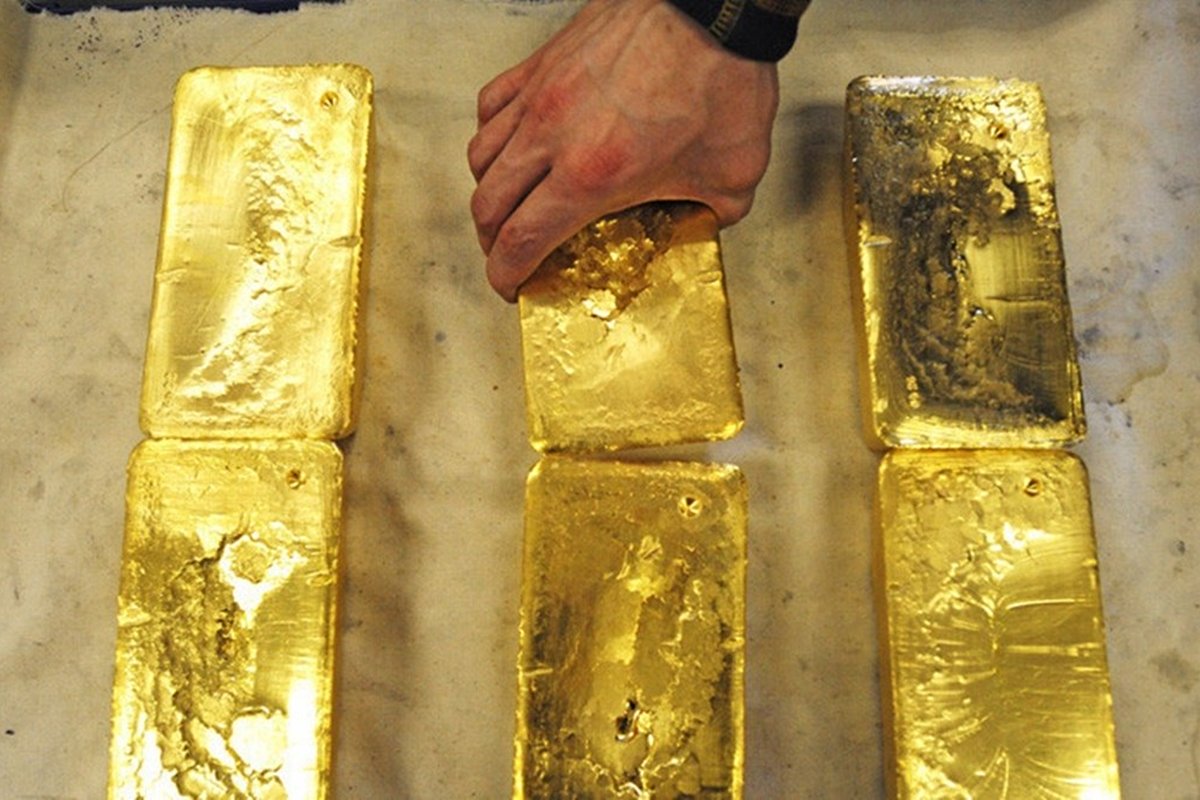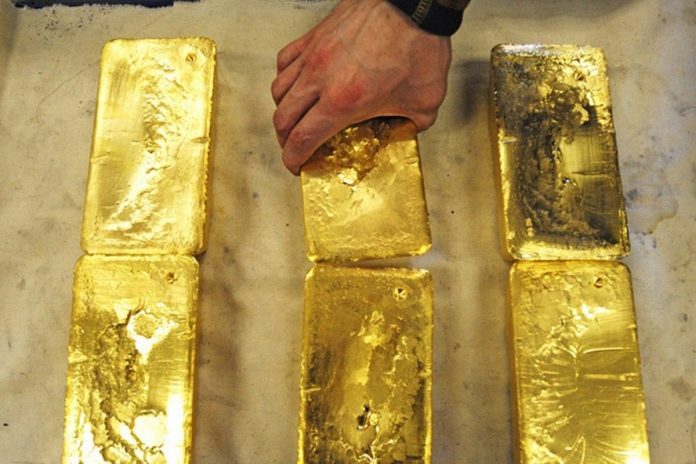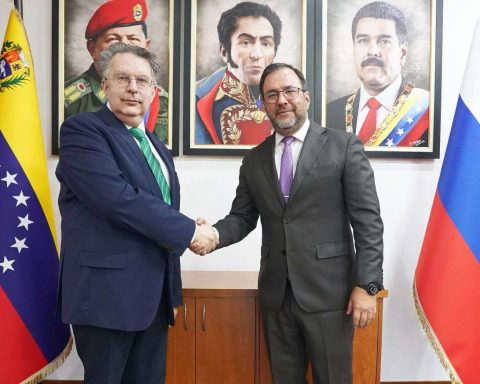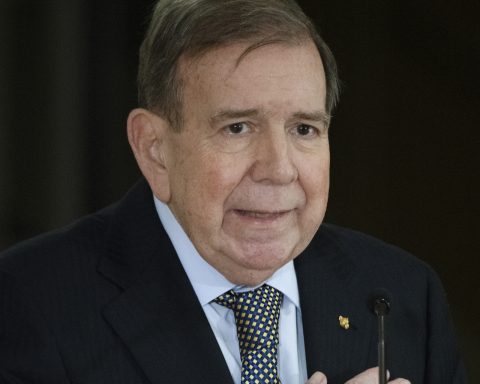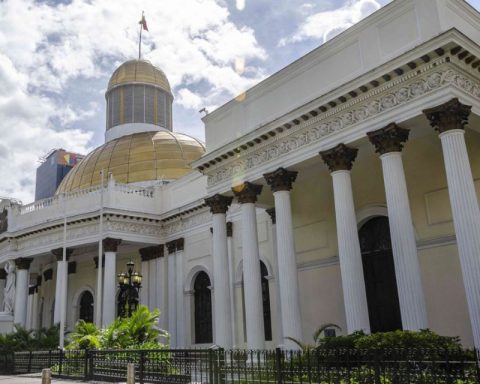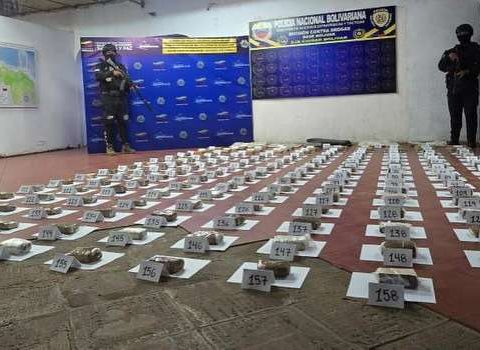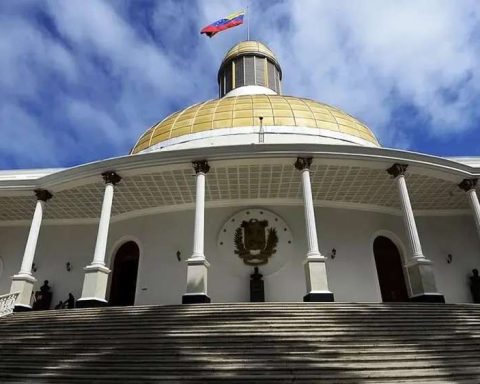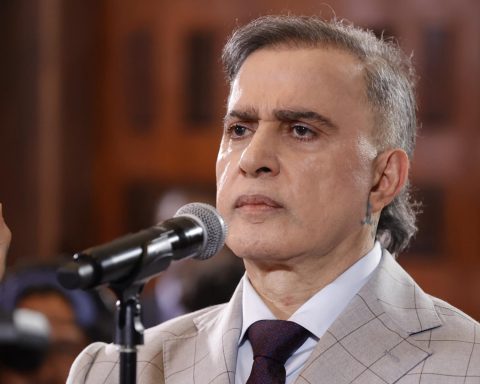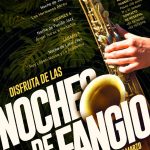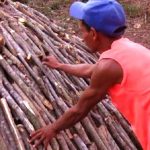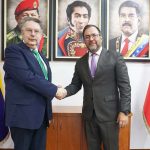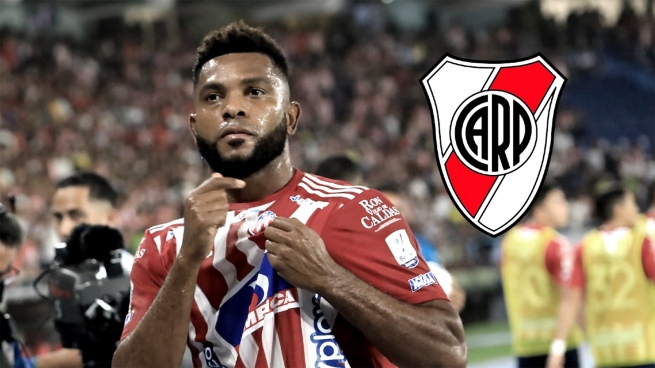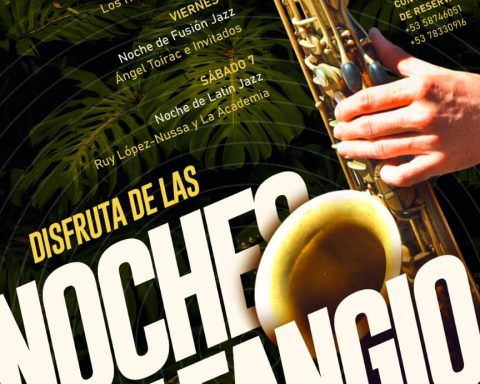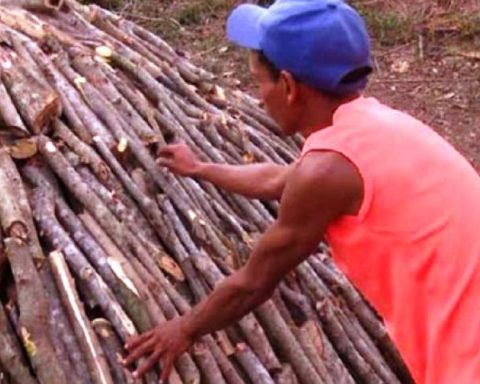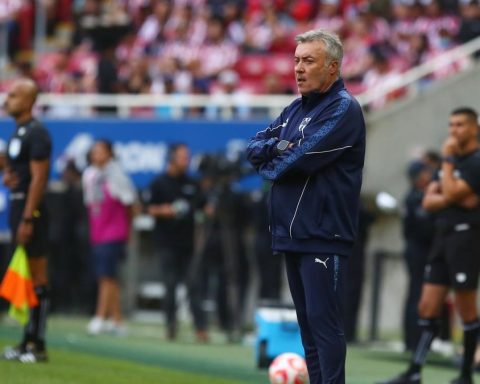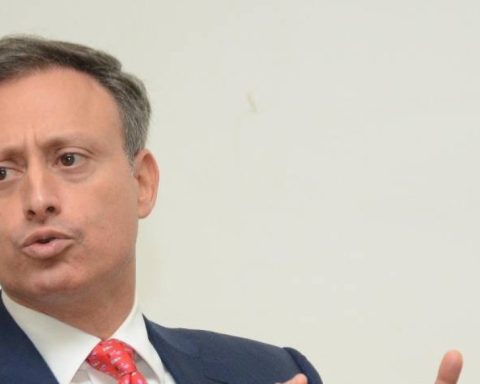The British justice will analyze from Wednesday whether to accept the decisions of the Supreme Court of Venezuela, in a new chapter in the long legal battle between the government of Nicolas Maduro and the opposition Juan Guaido for control of gold deposited in the Bank of England.
The Venezuelan State and Guaidó have been facing each other since 2019 for access to 32 tons of gold, valued at more than a billion dollars, guarded for years in the vaults of the British institution, which offers this service to multiple countries.
After being recognized by fifty countries –including the United Kingdom– as interim president, Guaidó, then president of the Venezuelan National Assembly elected in 2015, appointed in July 2019 a parallel directorate of the Central Bank of Venezuela (BCV).
This ordered the Bank of England not to deliver the gold bars to the official board of directors chaired by Calixto Ortega.
After a prolonged judicial saga in London, the British justice established in December that, like the government of Boris Johnson, it considers Guaidó the legitimate representative of Venezuela, despite the election in 2021 of a new National Assembly, dominated by the ruling party, in an election that the UK considers illegitimate.
However, the appointment in 2019 of an alternative board of directors of the BCV by Guaidó was immediately invalidated by the Supreme Court of Justice, loyal to Maduro.
In a new legal chapter, British justice is now called upon to decide whether to accept and apply this decision, made by an institution that Guaidó’s lawyer, Andrew Fulton, describes as “a puppet of the corrupt regime” of Maduro, whom he called “kleptocrat”.
Through the myriad resources, the case has become increasingly technical. The new trial will take place in a commercial tribunal of the High Court in London from July 13 to 18.
The sentence will not be announced immediately, but Judge Sara Cockerill said she knows that “everyone wants me to make a decision pretty quickly.”
This trial “will determine the question of the validity of the appointments of the Guaidó board. If their appointments are not valid, the issue ends here, ”said Richard Lissack, a lawyer for the Bolivarian government, at a preliminary hearing held in June.
“Immune” to the law
Ortega plans to testify during the hearings, but the judge restricted the issues on which he may be questioned “to relevant issues” about the invalidation of the appointments by the TSJ, avoiding issues that “complicate the procedure.”
Maduro’s legal team was seeking to broaden the legal bases in an attempt, he assured, to prevent a London legitimization of the BCV board appointed by Guaidó from giving them “carte blanche to do what they want.”
“If they are given authority in a general sense, the question arises as to what they have the right to do,” lawyer Jonathan Miller emphasized in June, stating that he wants to prevent both the opposition from diverting the assets for their “personal benefit” and from transferring them. to a bank in the United States, a country that gave them total control over Venezuelan international reserves.
“They are not immune from the reach of the law, they cannot do what they want,” he stressed.
But Fulton demanded to limit the trial to the decision of the TSJ, considering that, if allowed to address other issues, Ortega’s testimony would be “politicized and deeply problematic.”
Caracas intends to allege “potentially catastrophic consequences for the Venezuelan economy” if Guaidó’s BCV is recognized, he said, assuring that the opposition has no intention of diverting the funds.
And he defended that the decision of the British justice should be limited to recognition and “be independent of the situation on the ground in Venezuela.”
The hearings will be complicated by the fact that some witnesses, such as Francisco Carrasquero, a retired TSJ judge, testify by videoconference with a time difference of five hours. And slowed down because the magistrate preferred consecutive and simultaneous translation for statements made in Spanish.
